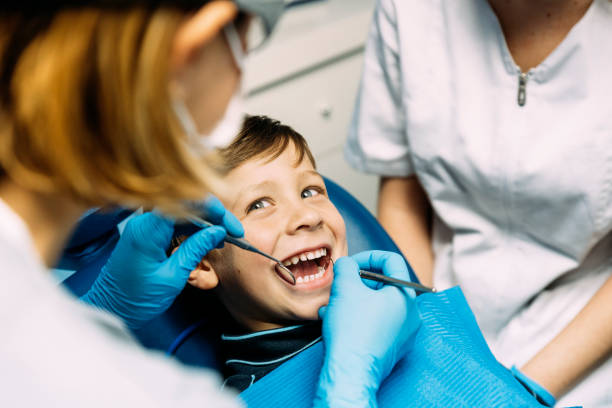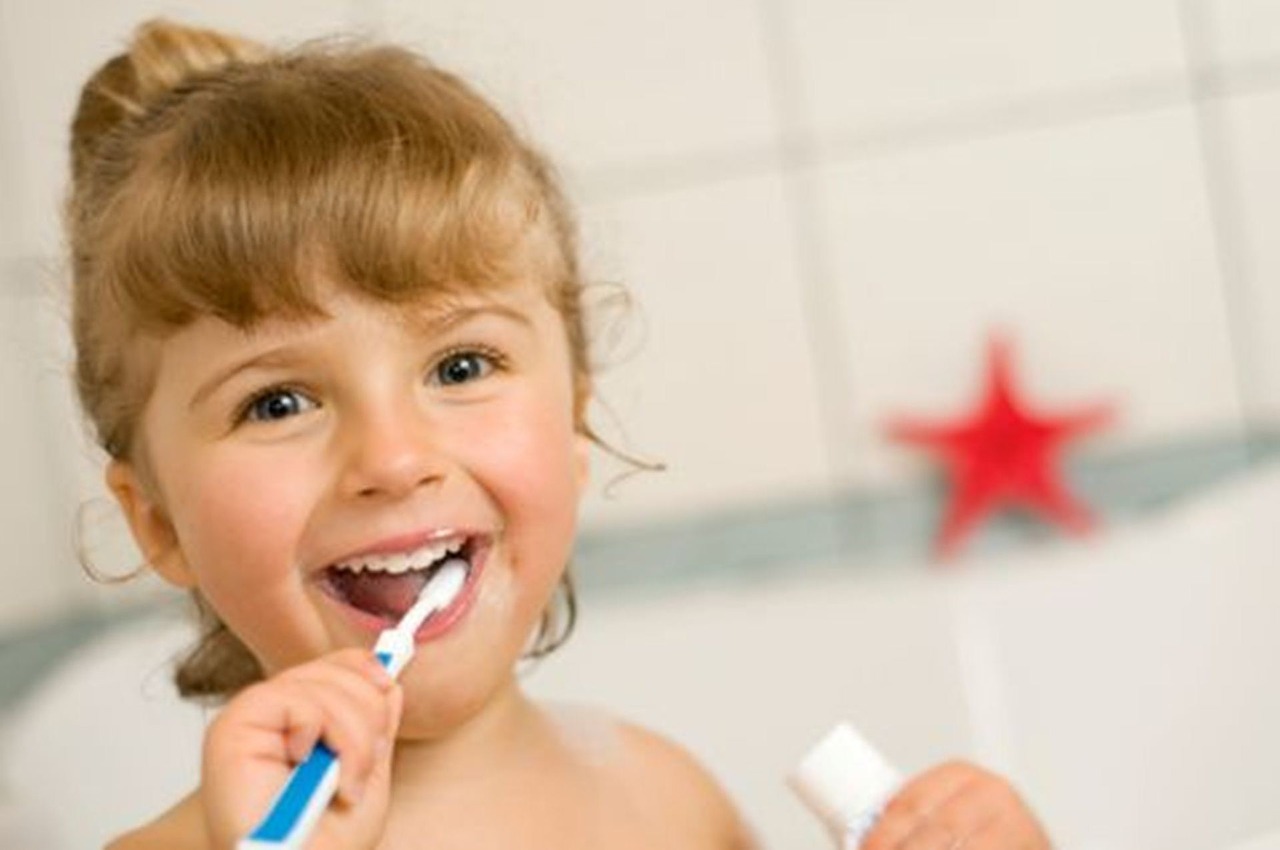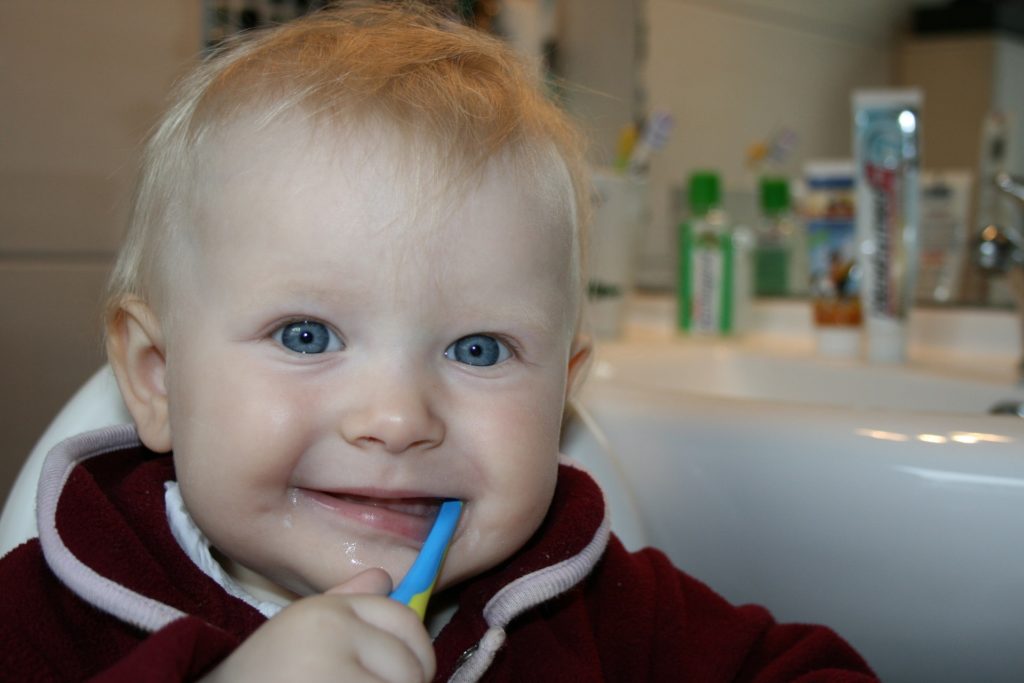Children's dentistry
Take care of the oral health of your children and babies
Pediatric Dentistry is the specialty of Dentistry that is responsible for preventing, diagnosing, treating and preventing oral problems in the youngest – under 12 years of age.
The goal is for the children to keep a good memory of the visit

Many times, the visit to the children's dentist can generate anxiety for the child and her parents. That is why in our clinic we have thought down to the last detail to create a relationship of trust with them. Our priority is to ensure that children have a pleasant experience and come calmly to visits, so we individualize each case and dedicate the time that each patient requires, depending on the age and degree of collaboration of the patient.
Specialists in pediatric dentistry

We have a specialist in Pediatric Dentistry with a two-year master's degree. For young people to keep a good memory of their visit to the clinic, the figure of the pediatric dentist is very important in communication, safety and effectiveness throughout treatment.
Type of treatments
The first children's visit
It is recommended at one year of life - when the first teeth have erupted - to prevent cavities or other pathologies and to be able to give recommendations to parents on how to care for the baby's teeth.
Dental hygiene
The areas where the child cannot access with the brush are cleaned and more dental calculus (tartar) accumulates.
Fluor application
Protects and hardens the enamel of the teeth so that they are more resistant to cavities.
Sealing of pits and fissures
If the risk of caries in the child is high and the first permanent molars have very pronounced pits and fissures, it is recommended to seal the pits and fissures - making brushing easier and reducing the accumulation of plaque.

Dental filling
It consists of restoring the part of a milk or permanent tooth that has been affected by cavities so that the child stops noticing discomfort and can eat normally.
Pulpotomy / Pulplectomy
Part or all of the pulp tissue affected by decay or trauma is removed so that the pain disappears.
Management of non-nutritive sucking habits
Finger sucking and prolonged use of the pacifier are frequent habits in childhood that can trigger problems in the skeletal development of the child. A specialist’s assessment is important to correctly manage habits.
Trauma
If a child receives a blow to a baby or permanent tooth, it is very important to assess the magnitude of the trauma and the most appropriate treatment for each situation.


